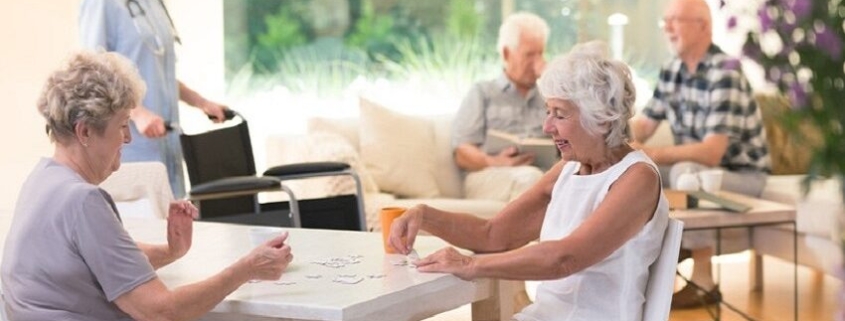The Pandemic Has Made Healthcare More Desirable
“The pandemic increased demand and made healthcare a more desirable asset class,” Rahul Chhajed, VP and senior director of healthcare at Matthews Real Estate Investment Services, tells GlobeSt.com about how the asset class fared during the pandemic.
For one, medical properties moved onto the list of darling asset classes, and it isn’t hard to understand why.
“It is no longer just a recession that investors are worried about. If there is another pandemic, healthcare services are something that people are always going to need. At the end of the day, everyone needs medical care,” says Chhajed.
With the exception of a temporary pause in the market at the beginning of the pandemic, when elective surgeries and other healthcare services were paused to allow healthcare providers to focus on COVID-19, healthcare properties outperformed other asset classes. Chhajed notes that many tenants didn’t need rent relief and continued to pay rent.
This year, investors have been trading out of more challenged asset classes, like retail and office, in favor of medial facilities.
“COVID really provided a proof of concept for the industry to show that this product type is here to stay. It is not only institutional, but it is an asset class that private capital should look at as well,” says Michael Moreno, VP and senior director of healthcare at Matthews Real Estate Investment Services.
Institutional capital has been the dominant player in the healthcare sector, and that is because it can be a more complicated asset class. Now, both institutional capital and private investors are competing for deals.
“More institutions have definitely entered the ring, but we are also seeing the private markets have started to buy these deals,” says Moreno.
And, there is a third player: owner-occupiers. Existing owners are looking at the demand—which has driven cap rates down significantly—and deciding to sell.
“The sale-leaseback market is really picking up, and a lot of that has to do with pricing,” says Moreno.
Over the last few years there has been significant cap rate compression, and owners would rather take the proceeds and put it back into the business and grow.
“Private buyers love those deals because they typically contain long-term leases and they are triple net,” Moreno says.
On the lease side, retail owners are finding new users in healthcare. Many clinics and ambulatory centers are signing leases in retail facilities as part of the trend from in-patient care to out-patient care.
“Retail-centric healthcare is great for providers because the care is coming to the consumer,” says Chhajed. “A lot of these healthcare systems are looking for ways to provide ease of access, and retail centers meet those needs to make healthcare more accessible. The confluence of these trends is creating a heyday for medical assets after the pandemic. Now healthcare is looking stronger than ever.”
Source: GlobeSt.




